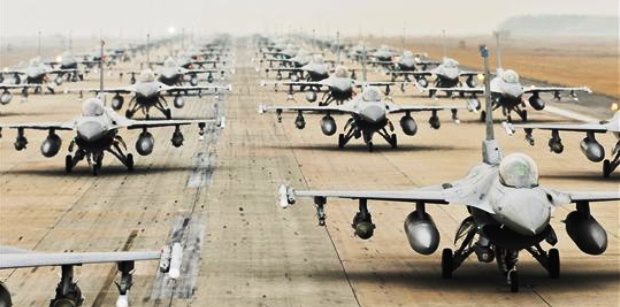On 17 April 2018, Martin Griffiths, the new United Nations (UN) Special Envoy for Yemen, gave his first briefing to the UN Security Council. In his remarks, he told the Council that he will give them a framework for negotiations within the next two months and that a political solution to end the devastating fighting in Yemen is a viable option. Since his appointment on 11 March, Griffiths has been very active in Yemen. He has met with Yemeni President Abdrabbu Mansour Hadi, leaders of the Ansar Allah movement, and members of militias in the south of the country. In discussing a political solution for the conflict in Yemen, Griffiths states, “There will be no peace in Yemen if we do not also listen to the voices of the south and make sure they are included in the political arrangements that end this war.”
In the three years since the fighting began, Yemen has been named the world’s largest humanitarian disaster, with a death toll that has surpassed 10,000 and at least three-fourths of the population in need of humanitarian assistance. Yemenis are also facing a man-made famine, malnutrition, a cholera outbreak, and a diphtheria outbreak, much of which is due to the Saudi-led coalition’s airstrike campaign. In three years, the Yemen Data Project has catalogued 16,749 air raids carried out by the coalition.
In 2018, the UN Yemen Panel of Experts investigated ten airstrikes carried out by the Saudi-coalition. Nine of the ten strikes hit civilian constructs: five residential buildings, two civilian vessels, one market, and one motel. The Panel concluded that the coalition used precision-guided weapons, indicating the targets they hit were in fact the intended targets.
Recently, the Trump administration eased the restrictions on the transfer of conventional weapons, placing economic, security, and jobs considerations above human rights and humanitarian concerns. The new Trump policy touches on human rights rather briefly, only mentioning the term “human rights” twice.The policy states the United States (US) will not authorize the transfer of conventional arms to countries planning to commit genocide, violate other laws of war, or attack civilians in an intentional manner. However, it seems that President Trump is less concerned with the effects of conventional arms transfers on human rights than former President Obama. Since his inauguration, President Trump has reversed human rights-based suspensions to Saudi Arabia, Nigeria, and Bahrain. Conversely, former President Obama’s transfer of conventional arms policy focused more on the importance of upholding human rights, exercising restraint and not authorizing transfers to those governments that commit human rights violations. As Rachel Stohl of the Stimson Center said, “We didn’t need this policy to know how the [new] administration feels about human rights.”
This new policy also eases restrictions on unmanned aerial systems (UAS) and unmanned aerial vehicles (UAV). Export regulations will make it easier to sell smaller hunter-killer drones and surveillance drones. Drones with strike-enabling technology are also being reclassified as unarmed in order to lighten export regulations. Prior to this, US drones sales were only sold to the UK, Italy, and France. Particularly concerning is that the conventional arms transfer policy will hasten the US’ ability to secure arms deals to NATO members, Saudi Arabia (and other Gulf partners), and other treaty allies. It will also allow some drones to skip the foreign military sales process and go through the direct commercial sales process instead. The changes to the policy should not be too surprising, as the State Department just approved a $2.3 billion dollar sale to Saudi Arabia, the largest and most concerning of the deals being a $1.31 billion sale of howitzers.
Though a White House official told Reuters, “We recognize that arms transfers may have important human rights consequences, nothing in this policy changes existing legal or regulatory requirements in this regard”, it seems as though this new policy is doing the opposite. Saudi Arabia has been accused of war crimes in Yemen, an accusation that has been supported by US Representative Ro Khanna (D-CA) and Senator Ted Lieu (D-CA). According to the Yemen Data Project, 31 percent of all Saudi-coalition air raids since March 2015 have targeted non-military sites.
The US exports over one-third of all arms globally and almost half of those exports go to the Middle East. Unsurprisingly, Saudi Arabia imports the second most arms annually, 61 percent of which come from the US. There is no doubt that the weapons the US is exporting to Saudi Arabia are being used to conduct their deadly airstrike campaign in Yemen. After multiple accusations of war crimes, Germany and the Netherlands decided to halt their arms exports to Saudi Arabia and any group involved in the Yemen conflict. The US should follow their lead and not only pull their support from the Saudi-led coalition, but also immediately halt any and all arms exports to Saudi Arabia. If the accusation of war crimes is not enough to encourage the US to take these tough actions, then it should be for the necessity of a much needed political solution in the war-torn country.
McKenna Holman is an Advocacy Intern at ADHRB





